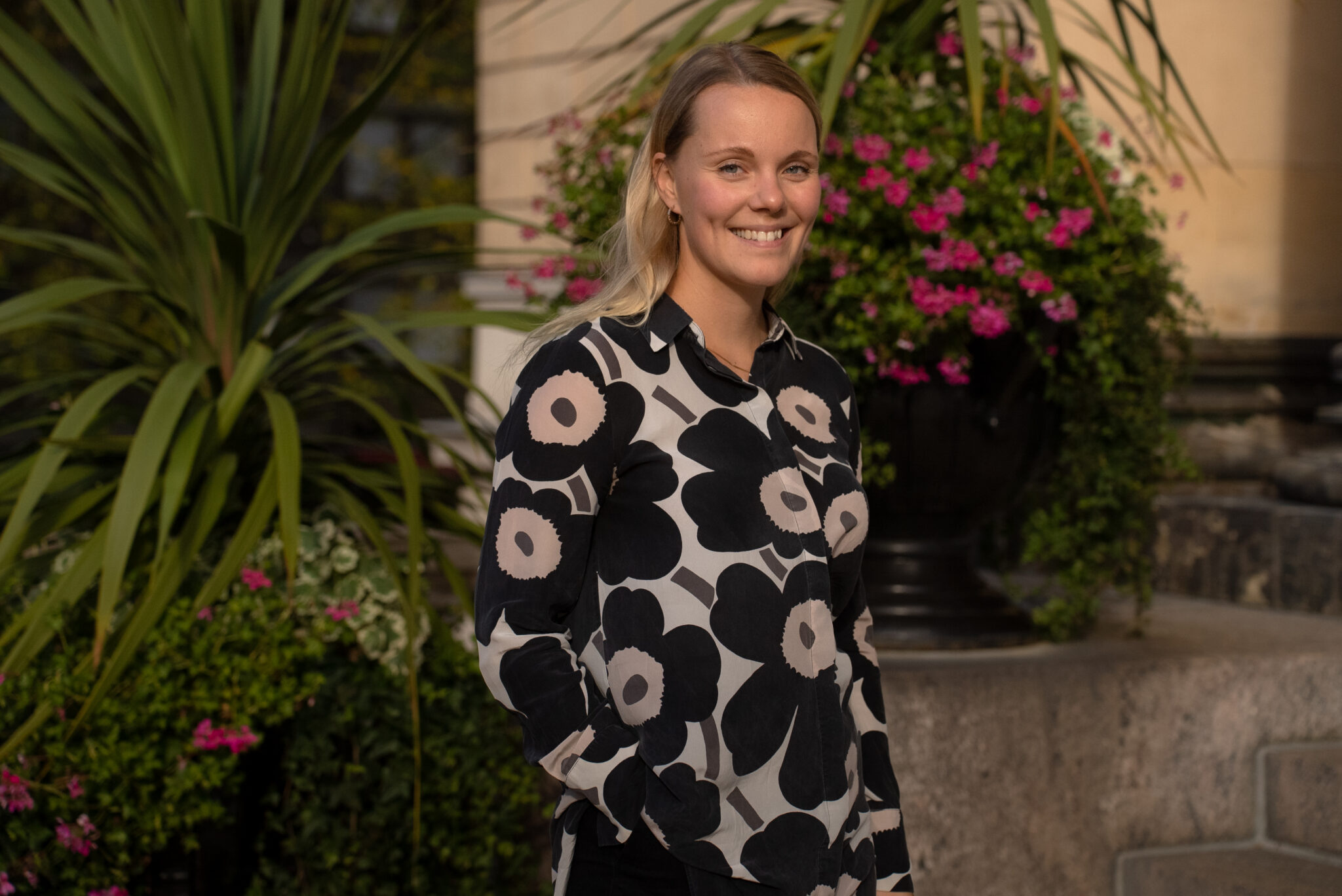How can research knowledge be better integrated into decision-making?
The gap between researched knowledge and decision-making sparks discussion. Solutions are sought both for developing researchers’ impact skills and for reforming the structures of scientific organizations.
Sometimes, decisions in our society are made that seem to go against well-researched knowledge. The government may implement budget cuts in areas where the impact is unclear or even contrary to the objectives. These situations come to the fore especially when reporting on decisions that affect us all and when the knowledge base seems especially shaky.
Efforts to strengthen the knowledge base for decision-making should therefore be multifaceted, both in terms of increasing the skills of researchers and the role of organisations.
Recently Active Development of Researchers’ Impact Skills
Investments have been made recently to improve researchers’ impact skills. Universities and research organizations have emphasized the importance of science communication and trained researchers in popularizing science.
In early 2024, educational materials such as From science to decision-making – how to enhance the impact of research and Pathways to impact: Researcher’s Handbook on Science-for-Policy by the Finnish Academy of Science and Letters were published. These materials address, for example, opportunities for influencing through research, researchers’ roles, and ethical questions. The guides emphasize the planned nature of impact work and the recognition of researchers’ own strengths and interests.
Researchers have access to thematic and discipline-specific networks and platforms, such as the House of Effectiveness, the Forum of Environmental Information, or Urbaria the Helsinki Institute of Urban and Regional Studies, where researchers can contribute their own research to impact work. However, the responsibility about the impact work largely remains on the shoulders of individual researchers. This can be particularly challenging for early career researchers. At the same time, research-based knowledge becomes fragmented if researchers, projects, or research groups each work separately on their own communication and collaboration models.
One of the key messages of the new impact guides to researchers is to act collectively. Messages and actions produced together stand out more and increase the likelihood of impact.
The Role of Science Organizations in Enhancing Impact Needs Strengthening
Individual researchers and projects are already doing valuable work to increase the impact of research and provide a knowledge base for decision-making. However, the field of knowledge-based decision-making suffers from fragmentation. Additionally, decision-makers are burdened by an increasing flood of information, which makes it difficult to keep up with current research. Alongside developing researchers’ impact skills, the role and responsibility of scientific organizations in enhancing impact and enabling knowledge-based decision-making should be considered.
Instead of a fragmented abundance, stronger actors and clearer structures are needed for compiling phenomenon-based knowledge compilations and other interdisciplinary science dissemination. By building collective structures, we can promote more effective use of evidence-based knowledge in decision-making.
Other courses and materials about knowledge brokering published in 2024:
University of Helsinki and the Finnish Academy of Science and Letters: Researcher’s Online Course on Research Impact
Course by THL, eOppiva and INVEST-research center: Tieteellisenä asiantuntijana poliittisessa päätöksenteossa (only in Finnish)
Knowledge Brokering toolkits by the Finnish Academy of Science and Letters:
- How to Find the Right Researcher
- How to Make a Phenomenon-Based Research Synthesis
- How to Specify a Knowledge Request
All materials mentioned are available in Finnish as well.

Iiris Koivulehto
The author is Knowledge broker at The Finnish Academy of Science and Letters.
Julkaisun tiedot: 4/2024, Open Up!-blogi, ISSN 2814-8967